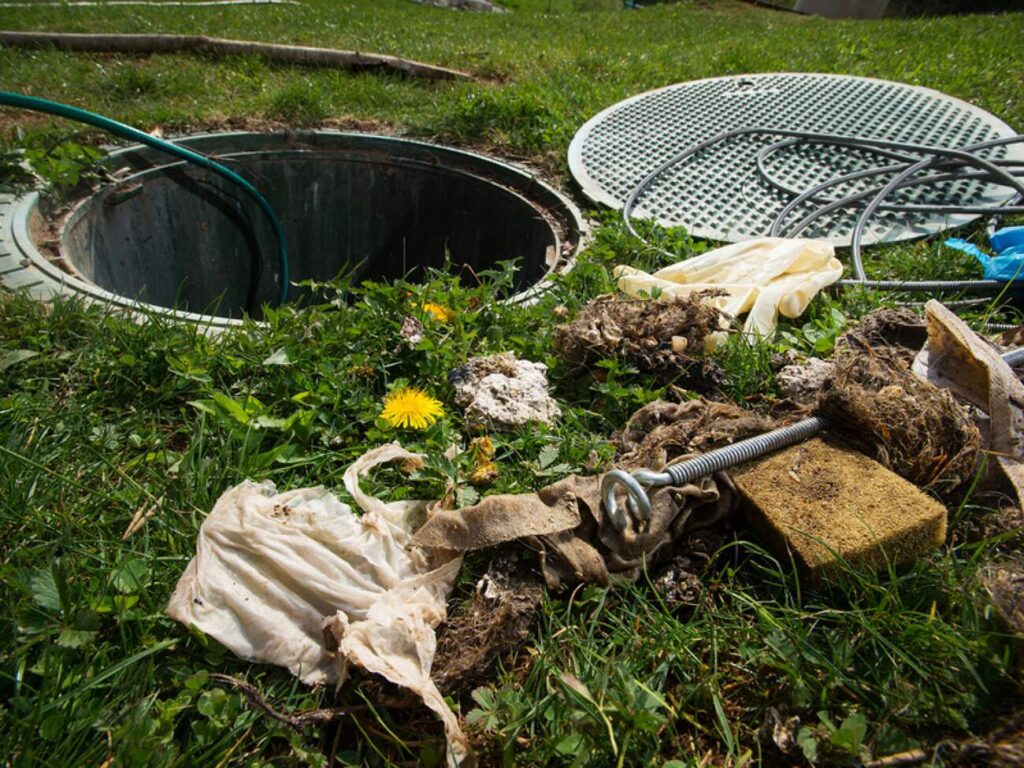
Your septic system is the unsung hero of your home’s plumbing infrastructure. While it quietly does its job day after day, proper maintenance is crucial to prevent costly repairs and ensure its longevity. Here are five essential tips to keep your septic system operating at its best.
1. Watch What Goes Down the Drain
The health of your septic system starts with what you put into it. Avoid flushing anything other than human waste and toilet paper. Common items that can damage your system include:
- “Flushable” wipes (despite their name, these don’t break down properly)
- Paper towels and facial tissues
- Feminine hygiene products
- Coffee grounds
- Cooking grease and oils
- Harsh cleaning chemicals
Remember: if it’s not toilet paper or human waste, it doesn’t belong in your septic system.
2. Conserve Water Wisely
Your septic system processes a finite amount of water each day. Overwhelming it with too much water can disrupt the bacterial balance and lead to system failures. Implement these water-saving practices:
- Fix leaky faucets and running toilets promptly
- Space out laundry loads throughout the week
- Install water-efficient fixtures and appliances
- Take shorter showers and avoid running half-full dishwashers
3. Maintain Your Drain Field
The drain field is critical for filtering wastewater from your septic tank. Protect this vital component by:
- Never parking vehicles or heavy equipment on the drain field
- Directing roof drainage and surface water away from the area
- Avoiding planting trees or deep-rooted plants nearby
- Keeping the area clear of structures, patios, or hardscaping
4. Schedule Regular Inspections
Professional inspections are your first line of defense against major septic issues. Have your system inspected every 3-5 years by a licensed professional who can:
- Check sludge and scum levels
- Inspect mechanical components
- Identify potential problems before they become emergencies
- Recommend appropriate pumping intervals
5. Pump on Schedule
Regular pumping removes accumulated solids that can’t be broken down by your system. The frequency depends on:
- Household size
- Tank size
- Water usage
- Whether you have a garbage disposal
Most households need pumping every 3-5 years, but your inspector can provide a more accurate schedule based on your specific situation.
Warning Signs of Septic Problems
Don’t wait for a catastrophe. Watch for these warning signs that your system needs attention:
- Slow-draining fixtures
- Gurgling sounds in pipes
- Sewage odors inside or outside
- Wet spots or standing water near the drain field
- Unusually lush grass over the septic system
- Sewage backing up into fixtures
By following these maintenance tips and staying alert to potential issues, you can extend the life of your septic system and avoid costly repairs. Remember, an ounce of prevention is worth a pound of cure when it comes to septic system care.